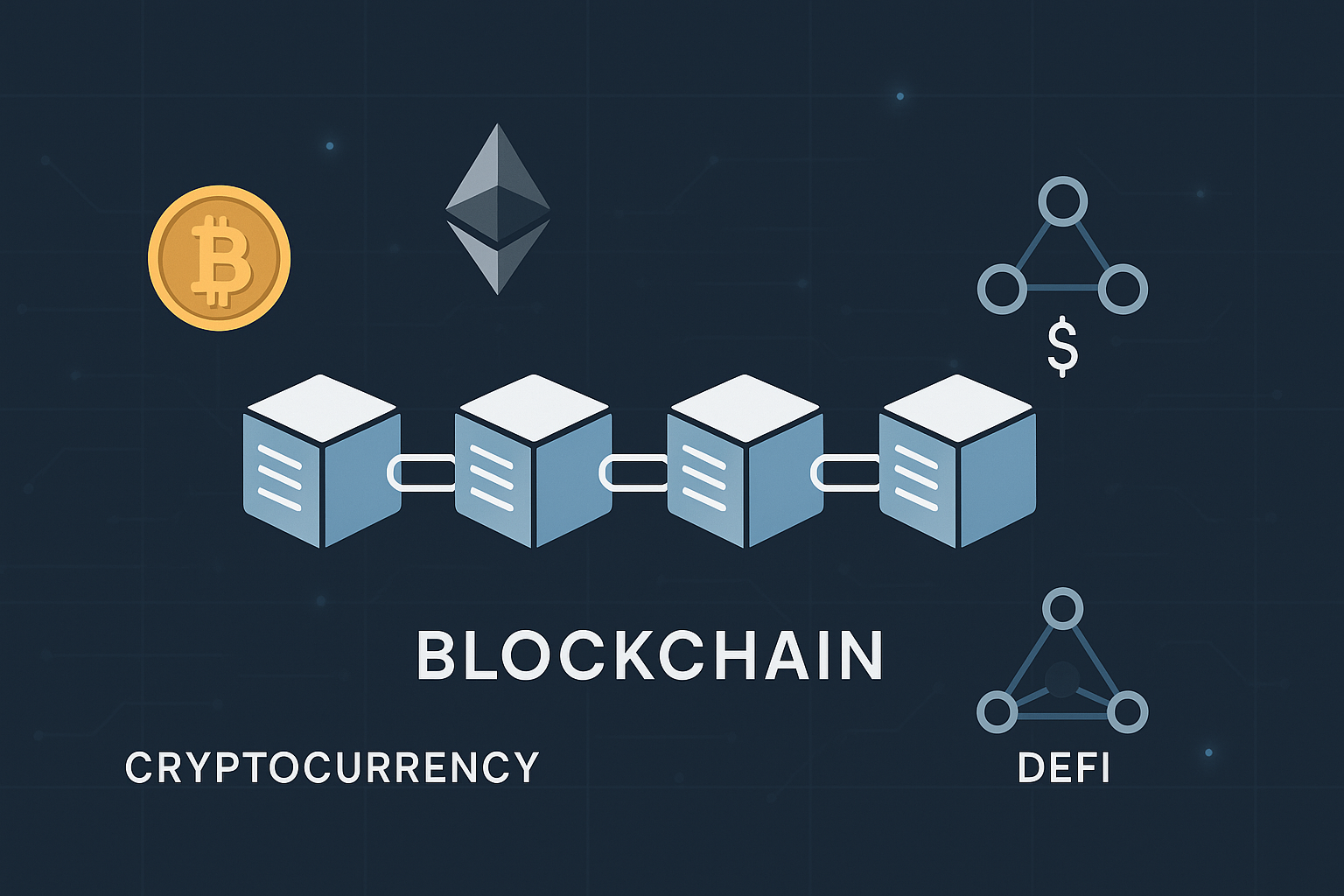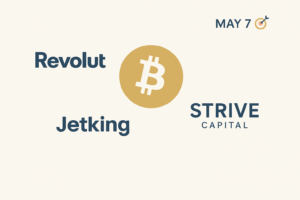
Blockchain technology is enhancing security, transparency, and efficiency in borderless financial transactions. So, what is blockchain technology and its role in the global trade and digital economy?
Cryptocurrencies and decentralized finance (DeFi) rely on blockchain technology to facilitate smooth transactions. Traditionally, transactions are recorded on a paper or digital ledger for record-keeping. However, following the launch of Bitcoin transactions, blockchain technology has evolved to offer more than just a digital record of transactions.
A blockchain is a distributed ledger system that keeps exact record copies on multiple computers instead of one centralized server. The decentralization makes it nearly impossible for data alteration, as computers are spread worldwide. This ensures that a record kept on this ledger stays transparent and secure.
Cryptocurrency transactions leverage this blockchain power to facilitate peer-to-peer transactions without middlemen like banks. Similarly, decentralized finance can offer lending, borrowing, and trading services on the blockchain.
To make blockchains fast and extremely secure, other technologies such as Layer 2s are employed by Defi platforms. The impact of blockchain technology continues to grow with its evolution and integration with the finance and governance industries, among others.











[…] In the traditional monetary system, central banks play the role of issuing new currency in the form of notes and coins. New crypto enthusiasts or learners find themselves wondering who issues new Bitcoin coins or how BTC transactions are verified on the blockchain. […]
[…] toward on-boarding millions of individuals and business into the DeFi ecosystem and the associated blockchain […]
[…] market is yet to see a huge capital inflow from traditional investors diversifying into Defi and blockchain projects in the coming months. Regulatory clarity is a necessity for the market’s growth and […]
[…] In traditional finance, people lock up their savings in financial institutions such as banks to earn interest. In the crypto market, staking refers to locking up your crypto assets in decentralized finance (DeFi) protocols to earn rewards. Staking has become a popular way of earning passive income in crypto as locked-up tokens help secure the blockchain networks. […]
[…] aims to bridge the gap between traditional banking and decentralized finance (DeFi), partnering with trusted crypto service providers. This is a huge step towards global and […]
[…] its adaptation to the changing landscape of the digital economy and traditional finance, fuelled by blockchain technology […]
[…] upcoming blockchains. The reliability and compatibility make it easier for builders to advance blockchain utility and Web3 […]
[…] long-term holding, hindering quick sell-offs. Under this feature, the protocol could attract blockchain-based AI enthusiasts and investors for long-term growth. The network is a significant pacesetter in […]
[…] interaction of traditional finance and blockchain technology is steadily evolving. Over the past 30 days, tokenized real-world assets (RWAs) have seen […]
[…] people and financial freedom for all. This will also boost global perspective regarding crypto and blockchain adoption. For Ripple, this comes as a boost to RLUSD adoption boosting […]
[…] halving is a built-in event that occurs approximately every four years in Bitcoin’s blockchain network, where the rewards for mining Bitcoin are slashed by 50% . Traders observe this event to […]
[…] efficiency measures how consistently a blockchain network can create new blocks without random failures or delays, reflecting its ability to handle […]
[…] network aims to provide scalable, developer-friendly blockchain infrastructure by leveraging Optimism’s OP Stack to boost transaction speed and minimize […]